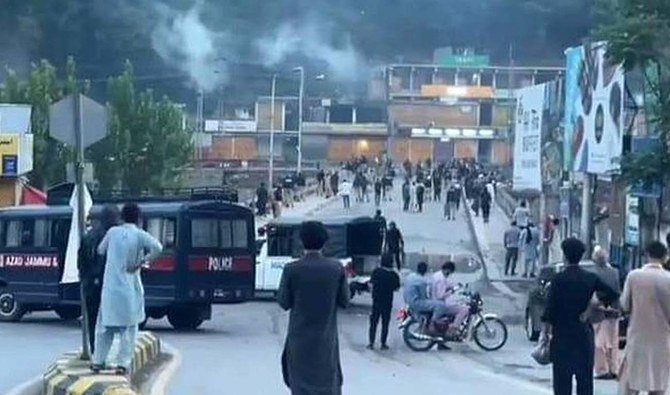
Democracy and Protest
Democracy provides citizens with the right to express their opinions, dissent, and participate in decision-making processes. Protest is a fundamental aspect of democracy, allowing citizens to hold those in power accountable and bring attention to social, economic, and political issues.
Types of Protests
1. Peaceful Protests: Non-violent demonstrations, rallies, and marches that aim to raise awareness and bring about change.
2. Civil Disobedience: Non-violent resistance to laws or policies, often involving acts of defiance, such as sit-ins or boycotts.
3. Violent Protests involve violence, destruction of property, or harm to individuals.
Protest Procedures
1. Notification: Protest organizers typically notify authorities about the planned protest, providing details on the date, time, location, and expected number of participants.
2. Permitting: Authorities may require protest organizers to obtain a permit or license to hold the protest.
3. Route Approval: Protest organizers may need approval for the protest route to ensure public safety and minimize disruptions.
4. Police Presence: Law enforcement agencies may be present during protests to maintain public order and ensure the safety of participants.
5. Emergency Response Plan: Protest organizers and authorities should have an emergency response plan to address any unexpected situations or conflicts.
International Standards for Protest
1. Universal Declaration of Human Rights (UDHR): Article 19 protects the right to freedom of opinion and expression, while Article 20 protects the right to peaceful assembly.
2. International Covenant on Civil and Political Rights (ICCPR): Articles 19 and 21 protect the rights to freedom of expression and peaceful assembly.
Best Practices for Protest
1. Non-Violence: Encourage peaceful and non-violent protest.
2. Respect for Law: Comply with relevant laws and regulations.
3. Cooperation with Authorities: Engage with authorities to ensure public safety and minimize disruptions.
4. Inclusivity and Diversity: Foster an inclusive and diverse protest environment.
5. Social Media Responsibility: Use social media responsibly to promote the protest and avoid spreading misinformation.


Leave a Reply